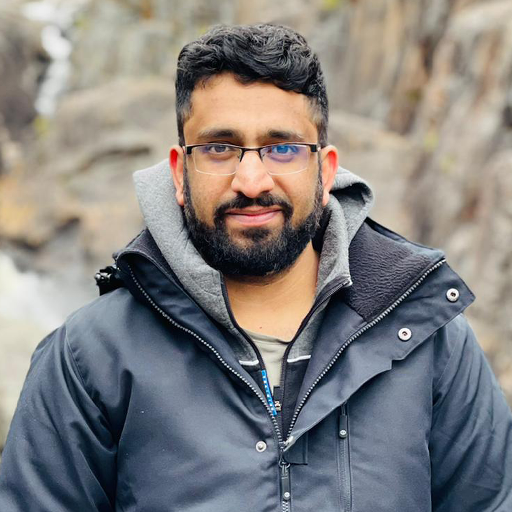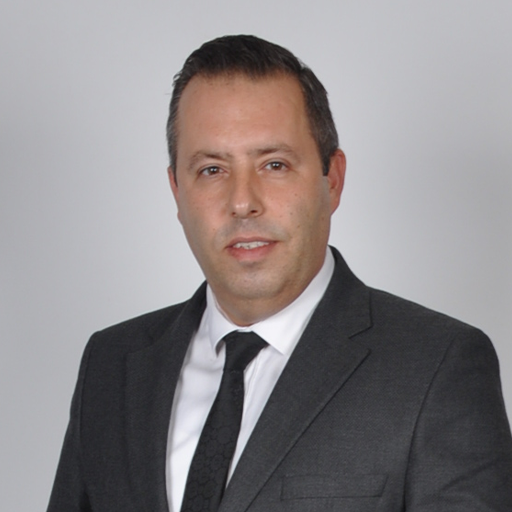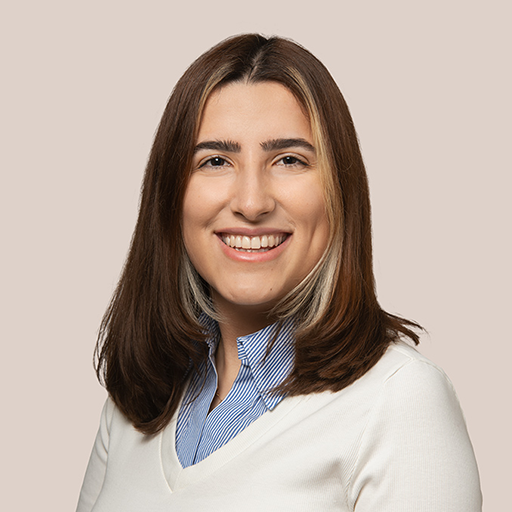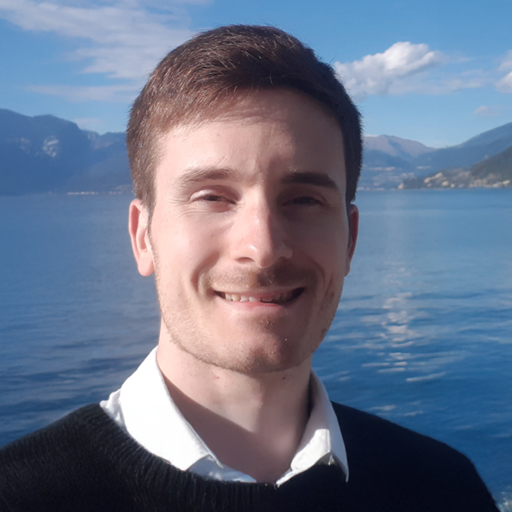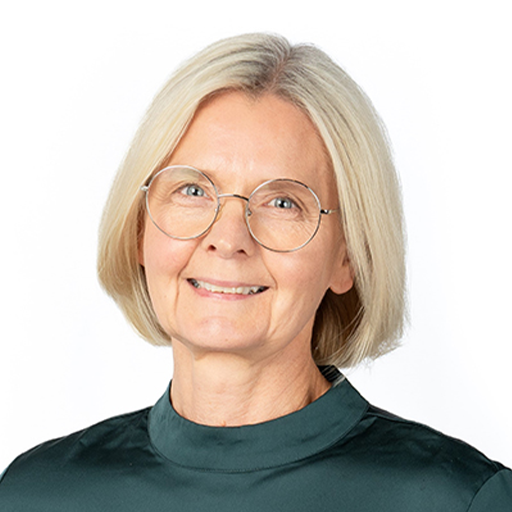
Nonwoven Innovations for a Circular Textile Economy
The upcoming EU Waste Framework Directive and Extended Producer Responsibility will significantly increase textile waste in Europe, exposing gaps in current recycling infrastructure. Nonwoven recycling technologies can help close these gaps by efficiently processing mixed and low-grade textile waste into valuable products, offering a flexible, cost-effective and energy-efficient route to circularity. Case studies include high-performance padding from post-consumer textiles for workwear and outdoor use, and snow insulation covers from Swedish wool waste, providing sustainable alternatives to fossil-based materials. These examples highlight the importance of integrated approaches and cross-sector collaboration to build new circular markets.
Maria Ström
Maria Ström, CEO at The Loop Factory, is an experienced and entrepreneurial leader in sustainable materials and circular innovation, with a Tech.Lic. in Chemical Engineering. With over 20 years in the pulp and paper industry, she has held key roles in process development, technical sales, procurement, and project management. As the former operations manager at a Science Park, she played a pivotal role in establishing a test and demonstration facility for textiles and bio-based materials. Today, Maria is at the forefront of advancing circularity in textiles, utilising nonwoven technologies to transform textile waste into valuable resources. She will share insights on innovative recycling solutions, including high-performance padding from textile waste and wool-based snow covers for ski resorts.
